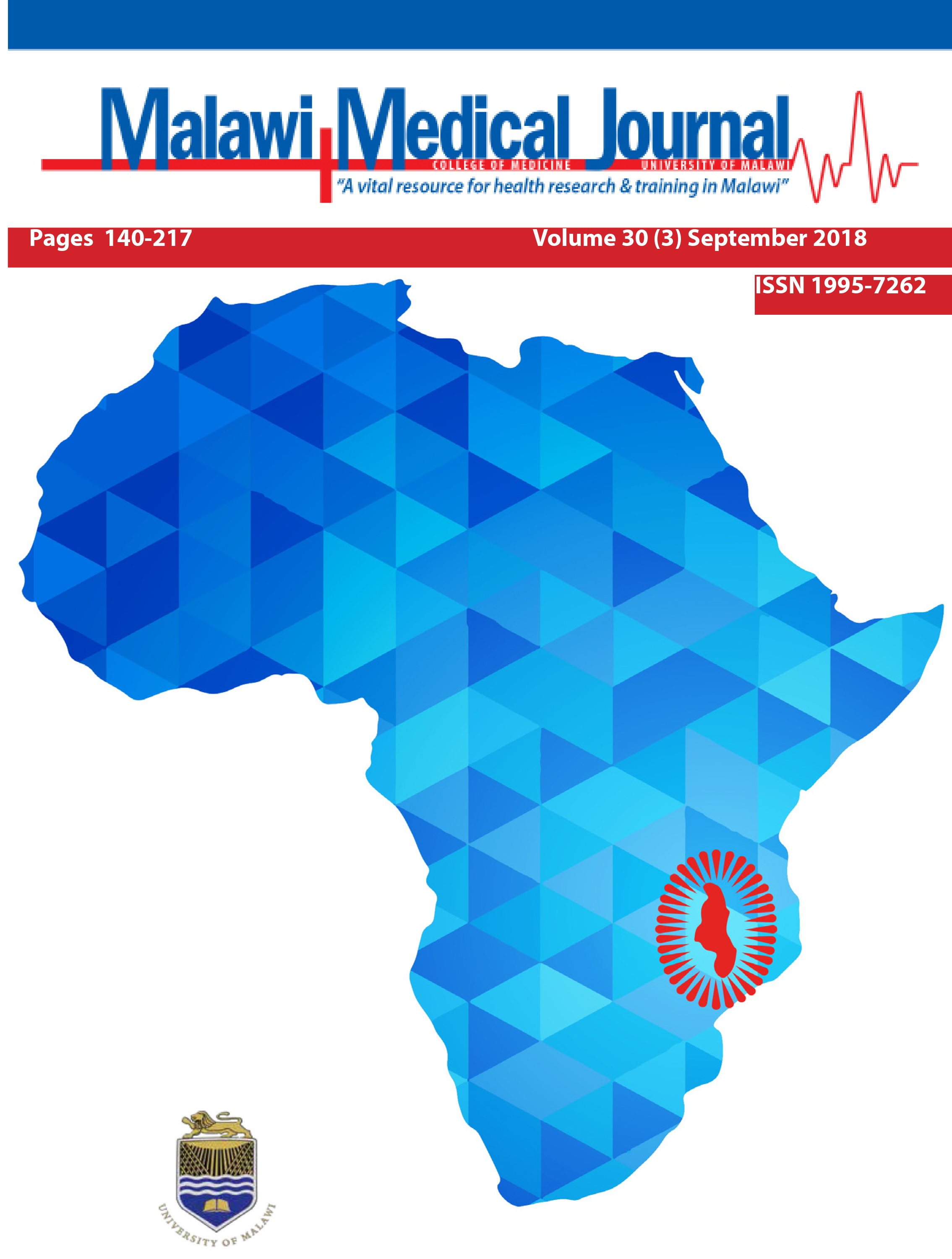Main Article Content
Clients with stroke and non-stroke and their guardians’ views on community reintegration status after in-patient rehabilitation
Abstract
Aim
The aim of this study was to compare client community reintegration status following discharge from the Kachere Rehabilitation Centre (KRC), Blantyre, Malawi, in 2 consecutive years with client versus guardian perspectives on reintegration status.
Methods
Using quantitative methods, 35 clients with stroke and non-stroke diagnoses (spinal cord dysfunction and neuropathic conditions) and 32 client guardians (the family caregivers in Malawi) were separately interviewed using the WHO Disability Assessment Schedule (DAS) 2.0 (a measure of disability due to reintegration problems back into the community). The results were analyzed using descriptive statistics and the Wilcoxon Signed-Rank Test or the Mann-Whitney U Test, as appropriate, to test for significant differences between groups. The clients’ home environments were categorized using an original checklist, the Home Observation Data Form (HOD).
Results
Moderate to severe perceived levels of disability related to reintegration difficulties were noted by clients in years 1 and 2. For those with non-stroke diagnoses, there was a significant change in year 2 results compared to year 1, but not for those with stroke diagnoses. Guardians agreed with their client’s perceptions of difficulty in year 2. Major areas of concern were taking care of household responsibilities, participating in day-to-day work or school routines, joining in community activities, and walking one kilometer per day.
Conclusions
Community reintegration challenges in suburban Blantyre, Malawi continued to plague individuals with stroke and non-stroke diagnoses for 2 consecutive years after discharge from KRC. Based on the important role guardians play during their client’s rehabilitation phase and when they return to the community, opportunities may exist to improve client perception of disability related to their reintegration status. Future studies are important to replicate these results, investigate the idea of a more important role for guardians in patient-centered care, and the relationship between motor and cognitive function and reintegration status.






